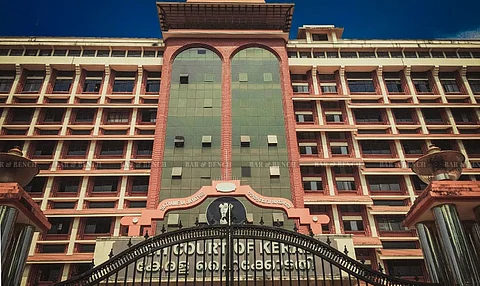
- News
- Columns
- Interviews
- Law Firms
- Apprentice Lawyer
- Legal Jobs
- हिंदी
- ಕನ್ನಡ

The Kerala High Court has imposed costs of Rs. 25,000 on a petitioner challenging the constitutionality of the Catholic Church’s Code of Canons and its applicability in India.